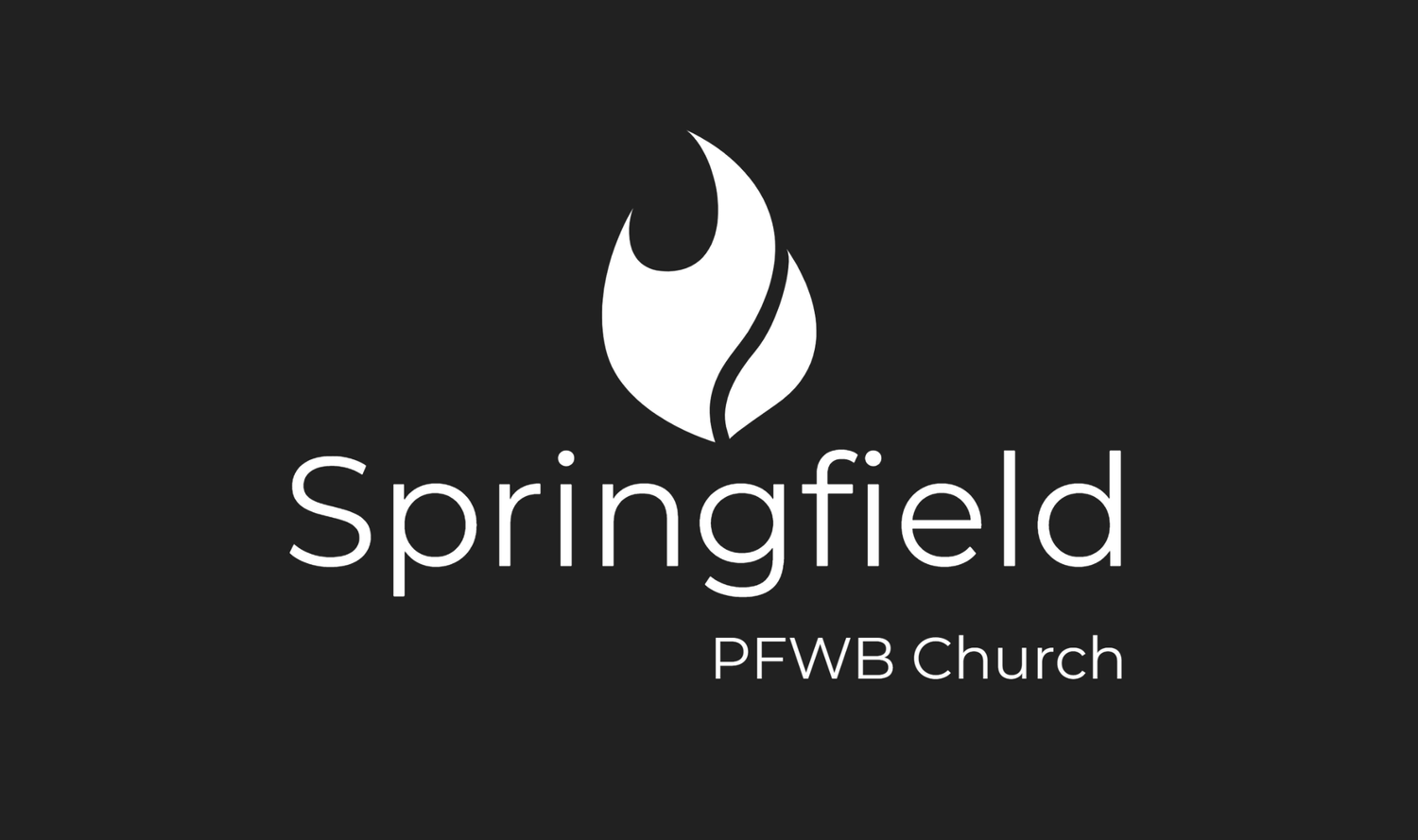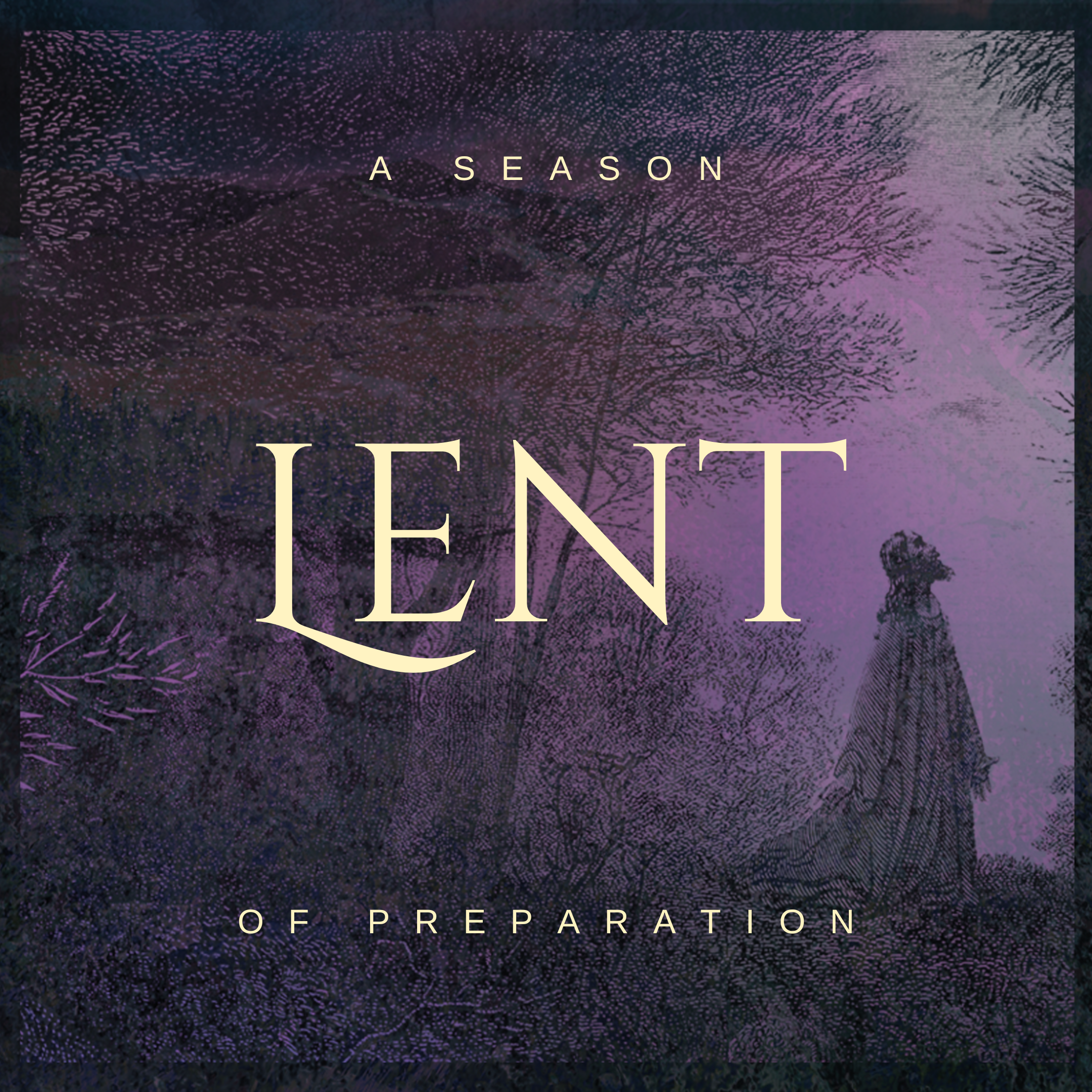Commemorating Lent for its intended purpose does not require bondage to tradition or coldness of faith. Rather, it is merely an honest recognition that until our sanctification here and now yields to our glorification in heaven, we contend with our flesh—that is the remaining human nature in us that apart from the keeping power of the Holy Spirit would surely rebel against God. James, a brother of Jesus, gives practical instruction in the matter:
“Therefore, submit to God. Resist the devil, and he will flee from you. Draw near to God and He will draw near to you. Cleanse your hands, sinners, and purify your hearts, you double-minded. Be miserable and mourn and weep. Let your laughter be turned to mourning and your joy to gloom. Humble yourselves before the Lord, and He will exalt you” (James 4:7-10).
Drawing near to God, according to James, requires cleansing, purification, mourning, and humility. Why such a gloomy posture for a season of victory? Because there is no resurrection that is not preceded by death. There is no exaltation that is not preceded by humility. In that vein, there is no Easter that is not preceded by Lent.
Lenten observances vary widely, but have traditionally included:
Fasting: purposefully abstaining from something of importance, most often food, for the discipline of directing our longing for what has been set aside to the things of God. Every hunger pang becomes a call to prayer. Every altered meal becomes a reminder of the source of every good and perfect gift.
Focused study or Scripture reading. There is no merit in observances apart from their significance and their significance is only found in the Word of God. You absolutely can read the Bible. (No, really, hit that link, pick a resource, and just get started.)
Remembrance or renewal. In liturgical traditions, there are additional church services or activities compared to the rest of the calendar year. In traditions like our own, this might simply be a time to recommit to church attendance as a priority. Perhaps you’re faithful on Sunday mornings but have yet to support night or midweek gatherings of your local congregation. Try using this season to intentionally rework your calendar to gather with the family of God for encouragement, worship, and instruction.
Acts of charity or justice. The Word of God through the prophet Isaiah: “Isn’t this the fast I choose: To break the chains of wickedness, to untie the ropes of the yoke, to set the oppressed free, and to tear off every yoke? Is it not to share your bread with the hungry, to bring the poor and homeless into your house, to clothe the naked when you see him, and not to ignore your own flesh and blood?” (Isaiah 58:6-11). Lent may be the time to consider where works of our hands should further accompany our thoughts and prayers for others.
Confession. For many, confession evokes troubled images of booths and priests, part of the baggage and misunderstanding that discourages participation in celebrations of Lent. And yet we are instructed to “…confess your sins to one another and pray for one another, so that you may be healed” (James 5:16). Do we notice the reason for confession? It’s not so we can feel wicked, but so we might be healed. The season when we remember the sin nature that required Jesus to become our propitiation at Calvary is ripe for learning the practice of confession.
There is no exhaustive list of disciplines to help believers grow in faith. Jude, another brother of Jesus, writing “to those who are the called, loved by God the Father and kept for Jesus Christ” (Jude 1) summed it all up nicely:
“But you, dear friends, as you build yourselves up in your most holy faith, praying in the Holy Spirit, keep yourselves in the love of God, waiting expectantly for the mercy of our Lord Jesus Christ for eternal life” (Jude 20-21).
Jude reminds that because Christians are the called, beloved, and kept, we are empowered by the Holy Spirit to keep ourselves in the love of God through varied means of grace. As we prepare to celebrate the resurrection of Jesus in victory over death, hell, and the grave, let’s intentionally use the remainder of these 40 days in whatever manner the Spirit leads to truly remember our great need for a Savior, repent, and receive deep renewal in Christ Jesus.







